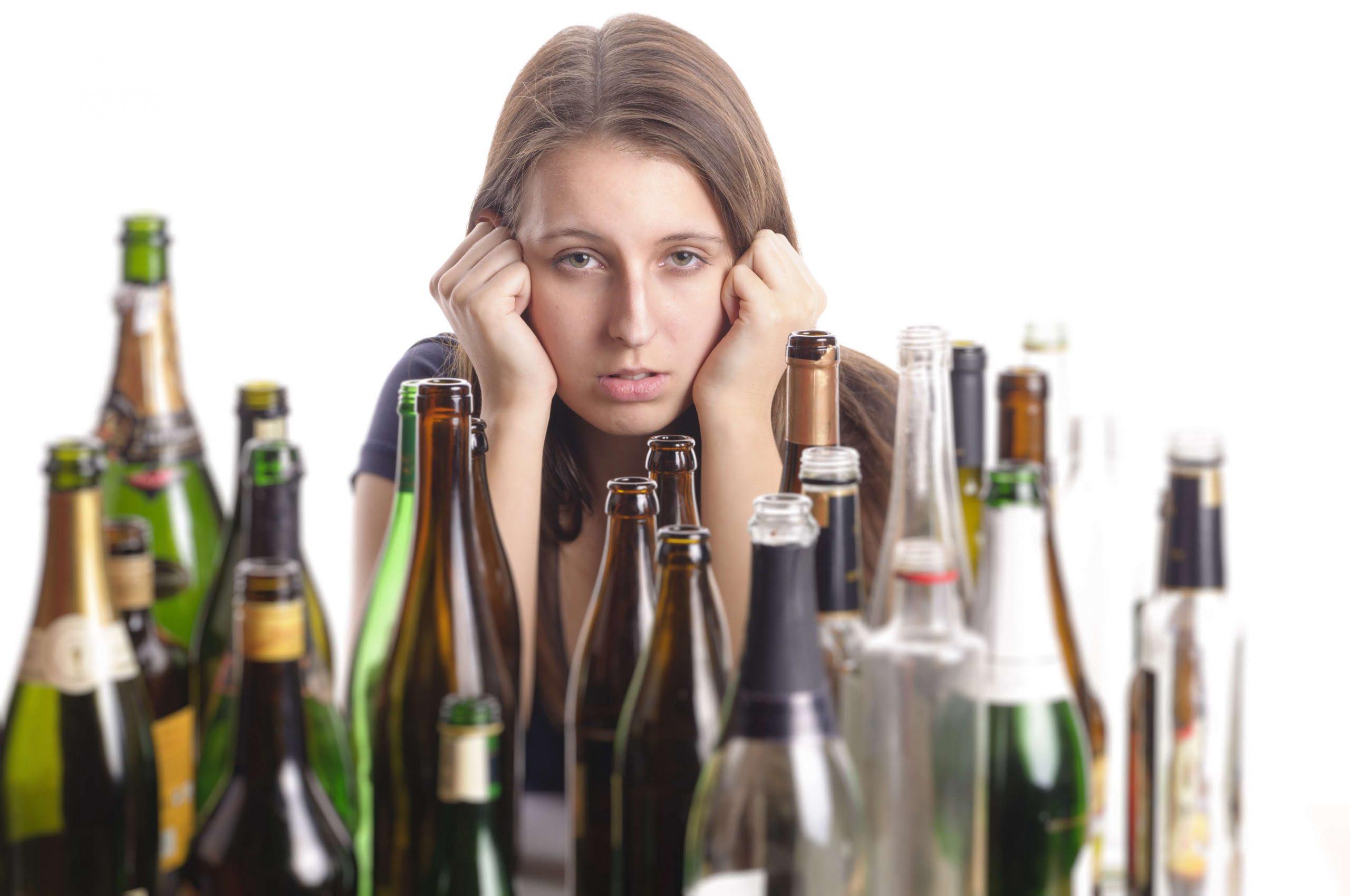Symptoms may include frequent awakenings during the night, irritability or depression, daytime fatigue, or problems with attention and memory. If these symptoms persist, professional help becomes necessary. People experiencing insomnia-related impairments in their daily life may benefit from a healthcare provider’s expertise. If you quit drinking and can’t sleep without alcohol I feel your pain.
Why Can’t I Fall Asleep After Drinking Alcohol?
- And the more water your kidneys release, the higher the chances you’ll get dehydrated.
- When a person has sleep apnea, they have interrupted breathing during the night.
- The medical team at The Recovery Village Palmer Lake specializes in managing all aspects of alcohol withdrawal, including sleep disturbances, in a safe and supportive environment.
- This is when the body is actively detoxifying, resulting in restlessness and unstable sleep patterns.
Alcohol can cause insomnia because of the damage that alcohol can do to your sleep cycles and circadian rhythm. This can lead to additional effects like daytime sleepiness and grogginess. The impact of drinking on insomnia may be particularly acute in older adults. If you’re feeling stuck because you can’t sleep after alcohol, I want you to know that it’s possible to break free. It starts with recognizing that sleepless nights are a sign your body needs a change.

Alcohol Withdrawal and Its Impact on Sleep
This can cause them to rouse hundreds of times while sleeping. The condition is linked to fatigue as well as serious cardiovascular conditions like heart attack and stroke. Sleep apnea can persist for years even after you stop drinking. The duration of these sleep stages can vary by alcoholism treatment person and by age.
Improved Sleep Quality

The early stages of recovery can be a precarious time rife with the cravings and the temptation to relapse. Experiencing insomnia is already difficult for someone who does not have a substance use disorder and is even more difficult for those who do. Insomnia itself can be a symptom of withdrawal and sleep disturbances during early recovery are linked to relapse. To place yourself in the best position to enter, and stay in recovery, getting sleep https://ecosoberhouse.com/ is fundamental. Another research study by Conroy and Arnedt on the effects of alcohol and sleep, reports that an important disruption of alcohol on sleep physiology is the reduction of melatonin production. In short, phenibut is a powerful anti-anxiety supplement that helps with sleep and can also be used to ease mild to moderate symptoms of alcohol withdrawal at home.
Alcohol and Sleep Apnea
- But when you drink regularly over time, your brain adapts to alcohol.
- Drinking alcohol is a popular pre-bed activity, but you might find you can’t sleep after a nightcap.
- It is our mission at Encore Outpatient Services to help individuals learn skills like how to sleep without alcohol to navigate living a life in recovery and improve their lives.
- Moreover, individuals with alcohol use disorder are particularly vulnerable to sleep disturbances.
When you drink, you’re more likely to fall asleep faster. You’re also more likely to wake up through the night, and experience fewer periods of deep sleep. Alcohol might help you fall asleep faster initially due to its sedative properties. However, as the night progresses, alcohol disrupts normal sleep stages, leading to poorer overall sleep quality. In an attempt to fall asleep, some people have a drink before bed.

I put my ear buds in like a pacifier, and I started the evening meditation. I recognized that I don’t have to latch on to or believe every single thought I have. I was an only child for how to fall asleep without alcohol much of my life, and I never wanted to be alone.
